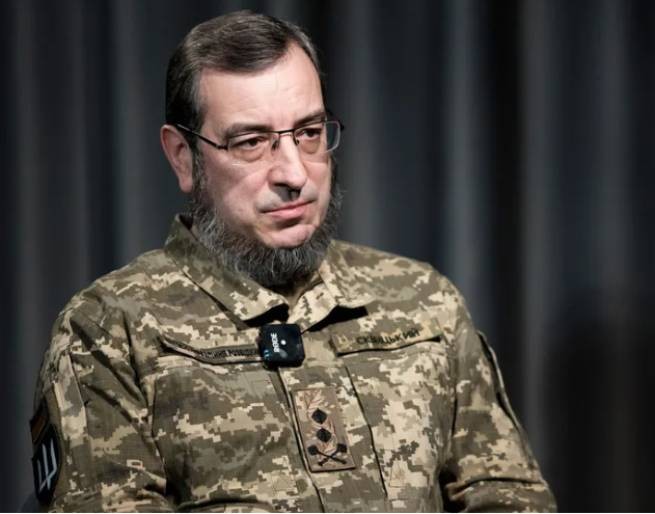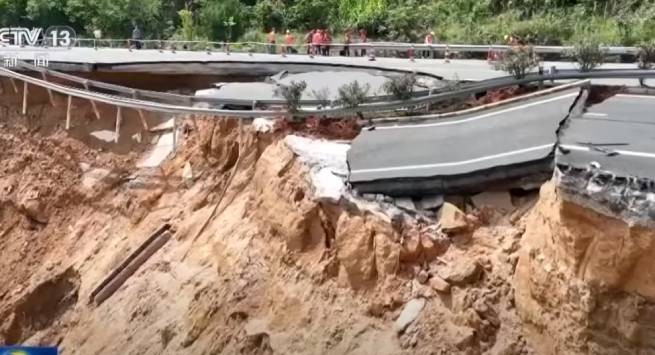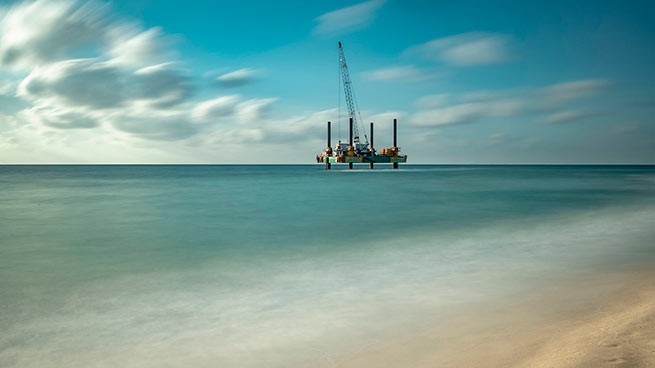What will happen now to the trade corridor connecting India with Europe through Israel, and how will this affect the energy prospects of the East? How will this affect the future of the Mediterranean? The relationship between Erdogan and Hamas is under close Western scrutiny.
Just last September, against the backdrop of the G20 summit in New Delhi, the leaders of the United States, India, Saudi Arabia, France, the United Arab Emirates, Germany, Italy and the European Commission unveiled a plan to create an India-Middle East-Europe Economic Corridor (IMEC). , bypassing China and Turkey.
According to the official text of the Memorandum of Understanding on the principles of establishing an economic corridor, “IMEC will consist of two separate corridors: the eastern one, connecting India with the Persian Gulf, and the northern one, connecting the Persian Gulf with Europe. It will include a railway that, once completed, will provide a reliable and cost-effective cross-border transit network complementary to existing sea and road routes, enabling the transport of goods and services to, from, and between India, the United Arab Emirates, Saudi Arabia, Jordan, Israel and Europe. lay electrical and digital network cables, as well as a pipeline for transporting pure hydrogen.
Thus, according to the official plan presented about a month ago, this corridor should connect India with Europe… through Israel and Jordan. However, just four weeks after this presentation, Israel found itself in the middle of a war that (almost) no one saw coming. and no one knows how and when it may end.
In such conditions of unprecedented turmoil and uncertainty, is it possible to begin implementing ambitious and expensive infrastructure projects? This question is now rhetorical, and what was jointly announced by Mr. Mitsotakis is no longer in doubt. Kyriakos Mitsotakis, Nikos Christodoulides and Benjamin Netanyahu in early September from Nicosia, within the framework of the 9th Greece-Cyprus-Israel Summit, then spoke about the “positive impulse given by the historic Abraham Accords”, “the expansion of the circle of peace between Israel and the Arab world” and “promoting the prospects for creating a reliable energy corridor from the Eastern Mediterranean basin to Europe,” including… And yet, less than five weeks have passed since these statements.
And just like that, within a few hours, on the morning of October 7, clouds gathered over the Eastern Mediterranean region, calling into question all pre-war plans. “The Israeli conflict could dampen investment in gas projects. The fighting could damage the ambitions of Israel and the entire Eastern Mediterranean region to become a hub for gas exports to Europe and other countries, ambitions that have received support from Chevron.”writes Stanley Reed in the New York Times.
The American company Chevron, according to some sources, acquired Noble Energy in 2020 (for approximately $4 billion), thus gaining a stake in the Israeli offshore energy fields Leviathan and Tamar. Moreover, the Tamar platforms are located only 24 km from the Israeli city of Ashkelon, which has come under rocket fire from Hamas over the past 24 hours. “The heavy fighting that began on Saturday could potentially slow the pace of investment in gas fields in the region (Eastern Mediterranean). It could also hamper Israeli efforts to attract new energy companies to drill. It was hoped that Chevron’s arrival in Israel would pave the way for others large companies for investment,” continues Stanley Reed in his analysis for the New York Times. And events confirm his words: gas production at the Tamar field has been suspended until further notice…
But at the same time, next to the projects “frozen” for the time being in the shadow of the war, there are also opening “wounds”. For example, the new – again “anti-Israeli/anti-Western” – turn of the Turkish leadership, which we have observed in the last 24 hours, can be considered as a “wound” for NATO and the United States. Knowing, of course, that this is a leadership that has proven under Recep Tayyip Erdogan that it can “easily” change its rhetoric towards “enemies” and “allies”, depending on the situation.
In recent years, Ankara has repeatedly conflicted with Israel (for reference, let us recall: the Erdogan-Peres incident in Davos in 2009, the Mavi Marmara confrontation after 2010, Erdogan’s verbal attacks on Netanyahu in 2018, the recall of ambassadors since 2018. …before trying to get closer to him again in the last two years by appointing ambassadors, exchanging visits, intensifying contacts, etc.ά.
However, over the past 24 hours, apparently under the influence of a new outbreak in Gaza, the Turkish position has changed again: attempts to return the recent past have given way to a response in the form of new Turkish attacks on Israel (which is attacking Gaza) and the US (which dared to support the Syrian Kurds and went so far as to shoot down a Turkish drone).
Erdogan does not hide the fact that he would like Turkey to become a leading pole in the Sunni world, and has repeatedly welcomed to Turkey the leadership of Sunni Hamas (including Ismail Haniyeh himself), who emerged from the ranks of the Muslim Brotherhood. However, in this light, what he said in the last 24 hours against the backdrop of events in Gaza, turning the public greeting of “Rabiyah” into an appeal to the Muslim Brotherhood, takes on additional, deeper meaning.
However, Erdogan recently reacted sharply to another incident, when in September last year the leaders of the USA, India, Saudi Arabia, France, UAE, Germany, Italy and EU presented a plan to create an India-Middle East-Europe Economic Corridor (IMEC) linking India with the Middle East and Europe, bypassing Turkey. The plan that Hamas is now shaking…







More Stories
Shock: Drag queen will carry the Olympic flame in Paris
Greece consistently ranks last in the EU for media freedom
What influenced Greece’s decision to help Kyiv with weapons?